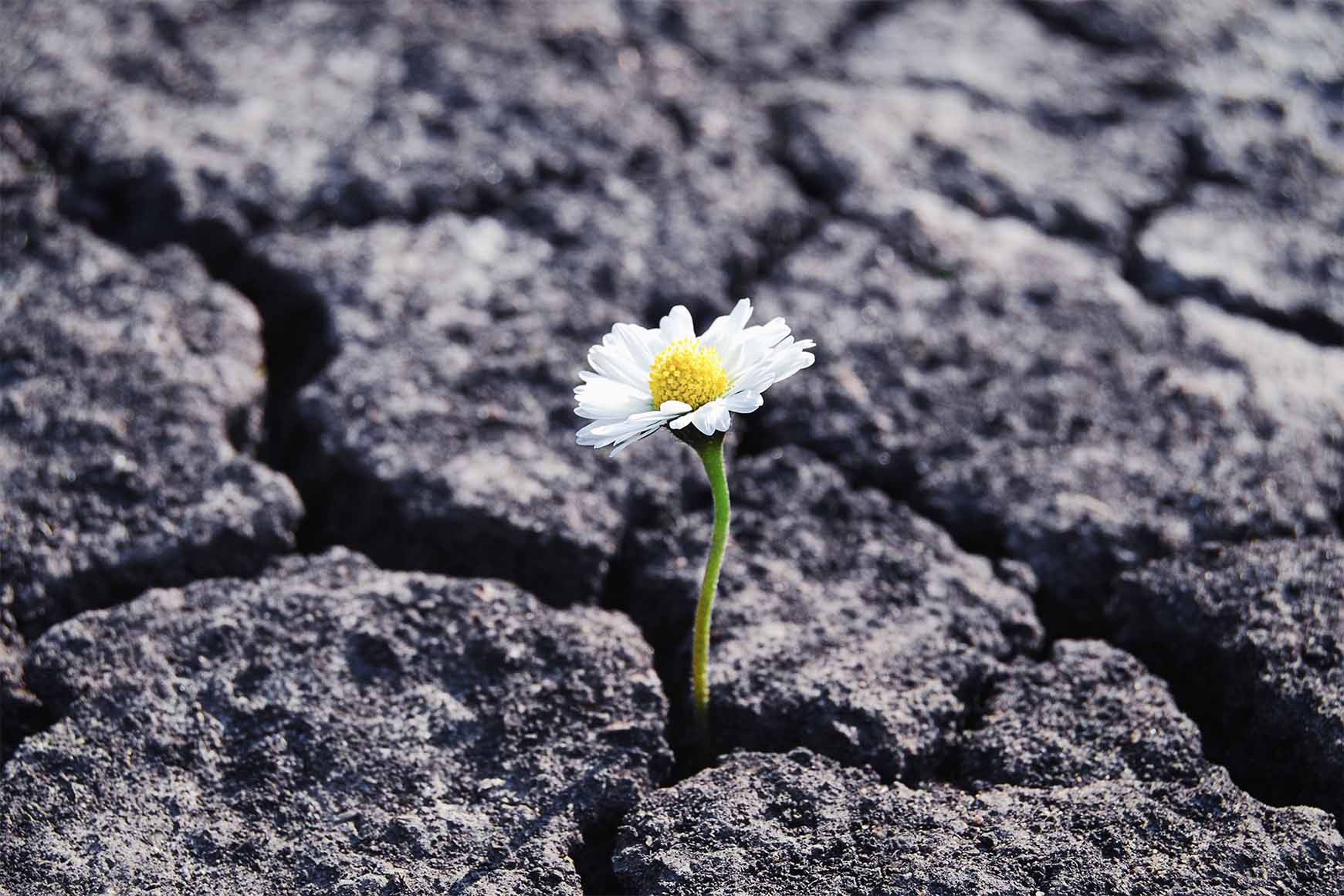My Carbon Guilt
28th October 2022

As soon as I turn into the Cantonment Board area in Hyderabad, India (where my house is), I experience a sudden drop in temperature. It feels so amazing to breathe fresh air and be one with nature. I wonder how many could experience such a beautiful occurrence, especially those who live in concrete jungles, Says Dr Spoorthi
1st May 2022, Akshar Dhaam, New Delhi, Reported 47.3 degrees centigrade; IMD warns Rajasthan will witness a significant increase in surface temperature excess of 50 degrees Celsius.
BBC Reports
The India Meteorological Department (IMD) has forecast a gradual rise in maximum temperatures by 2–4C over most parts of north-western and central India this week, with “no large change after that”.
While heatwaves are common in India, especially in May and June, summer began early this year with high temperatures from March itself — average maximum temperatures in the month were the highest in 122 years.

While realizing the climate system, we must recognize that we are not dealing with something tangible. Climate is not to be seen outside the window; the climate is not the weather, and it is a collection of data and patterns in a statistical construct.
Can I be blamed for climate change? As an individual, do I contribute to this? As an Individual, can I do something to reduce my carbon footprint?
Climate change is known to be anthropogenic (manmade), but how can we understand this? One way is to say: that humankind is the reason, but this also becomes very abstract. Who is represented by humankind? Another way is to say that China or the US is to blame as if we speak of subjects, not concepts. We cannot grasp how you and I contribute to climate change, not by doing something extraordinary but with our everyday lives. However, a fundamental reason these industries are polluting is to satisfy our consumer needs.
We never realize it when we drink a bottle of Coke or Pepsi.
A new report by the environmental NGO Tearfund has revealed major drink firms’ massive plastic and carbon pollution. According to the report, the four leading beverage corporations — Coca-Cola, PepsiCo, Nestlé and Unilever — are responsible for more than half a million tonnes of plastic pollution in 6 developing countries each year. The burning of the plastics that the firms have put on the market amount to 4.6 million tonnes of carbon dioxide equivalent each year. Among the developing countries examined included China, India and the Philippines. It represents how low and middle-income countries continue to be subjected to the brunt of the World’s mismanaged plastic waste and environmental pollution.

Another aspect is the food value chain. The lowest level of the food chain consists of plants and plant derivatives. As we move up the food chain, the amount of carbon assimilated in the organisms increases, increasing carbon emissions. Livestock — meat and dairy are responsible for 14.5 per cent of manmade greenhouse gas emissions, and belching from livestock contributes to methane emissions. Every day that you forgo meat and dairy, you can reduce your carbon footprint by 8 pounds — that’s 2,920 pounds a year. The new research shows that global farmland use could be reduced by more than 75% without meat and dairy consumption. Further analysis shows that while meat and dairy provide just 18% of calories and 37% of protein, it uses the vast majority (83%) of farmland and produce (60%) of agriculture’s greenhouse gas emissions. A vegan diet is the most significant way to reduce greenhouse gas emissions and carbon footprints and save water and land resources.
We are flying more than ever, and this trend continues: The International Air Transport Association reported that airline passenger numbers could almost double worldwide by 2037 to 8.2 billion annually.
But we cheer the news for people who love to travel; on the contrary, this is terrible news for the environment. Flights were responsible for 2.4 per cent of global carbon dioxide emissions in 2018 — a figure expected to grow more than threefold by 2050.
A return flight from London to San Francisco emits around 5.5 tonnes of CO2 equivalent (CO2e) per person, more than twice the emissions produced by a family car in a year and about half of the average carbon footprint of someone living in Britain. Even a return flight from London to Berlin emits around 0.6 tonnes of CO2e, three times the emissions saved from a year of recycling.

Environmental challenges are like an iceberg. And this is because a part of the problem is visible, but many features are invisible. The cause for these is deep-rooted — beyond what we can immediately see. It is not due to a single isolated reason but rather a combination of many interrelated causes.
A sustainable environment has become the new mantra among conservationists, and how we, as individuals, contribute towards sustainability is the million-dollar question. Is the responsibility solely on the government and a few organizations, or are isolated contributions necessary? If collective contributions are required, then how can we do that?
The question comes back to me. As an Individual, can I do something to reduce my carbon footprint? Can I offset my Pepsi-Coke offset? It is not entirely the leading beverage corporation responsible as a Consumer; I share some responsibility. Can I reduce my flight carbon offset?
There are two ways an individual can contribute towards creating a better planet.
1. Buying carbon offsets, and
2. Reducing carbon usage by bringing behavioural changes in our day-to-day activities.
Individuals and businesses use carbon offset programs to neutralize their carbon emissions. The carbon offset projects these programs offer are intended to provide tangible reductions in greenhouse gas emissions. Carbon offset programs allow individuals or companies to invest in carbon offset projects, locally or internationally, to balance their carbon footprint.
Buying carbon offsets is the quickest and an easy way to neutralize our carbon emissions. Though it compensates and rewards people/firms following sustainable practices, it will not bring any awareness to individuals. The easiest way is to buy carbon offset tokens (NFTs), which provide complete liquidity to carbon assets, enables easy transferability, and make the entire process safe and secure with the help of blockchain technology.
Behavioural changes and buying carbon credits ensure non-excludability and non-rivalry. As offset provider, Carbonfund.org states, your motto should be, “Reduce what you can offset what you can’t.

New age technology Intervention to address the climate challenges
An innovative first-of-its-kind partnership, defined by its decentralization and peer-to-peer Web3 technology architecture, TRST01 and Rubix will be able to empower users to become integral contributors to the fight against climate change. The joint leveraging of these Web3 technologies mirrors the real business world. It recreates an entirely new landscape for capturing information at its source, tracking the owner’s identity, and preventing tampering and fraud through redundant storage.
Even so, envisioning and executing a zero-carbon future requires an understanding that the timeline for addressing climate change continues to be a moving target.
A Global Government Forum piece from May 2022 rightly notes that the Climate Policy Initiative (CPI) “warns that despite steady growth in climate finance, it is nowhere near enough to mitigate climate change. CPI has estimated that the World needs to invest at least US$4.5 trillion to US$5 trillion annually by 2030, a staggering rise of 590%, to tackle the most damaging aspects of climate change.
Trst01 and Rubix’s green blockchain technology and solutions can help identify these resources and contribute significantly to changing the dynamic of who is responsible for financing the necessary changes for a zero-carbon future.
Reference
Avoiding meat and dairy is ‘single biggest way’ to reduce …. https://www.theguardian.com/environment/2018/may/31/avoiding-meat-and-dairy-is-single-biggest-way-to-reduce-your-impact-on-earth
The Best Carbon Offset Programs for 2022 — Investopedia. https://www.investopedia.com/best-carbon-offset-programs-5114611
My Flights and My Carbon Offsets — TRST01 Blockchain. https://trst01.com/blockchain/my-flights-carbon-offsets/
Share Blog on: